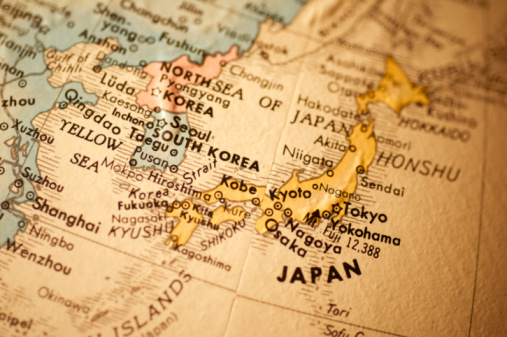Investing
Chinese Economists Say Japan Launching a New Currency War
Published:
Last Updated:

Singapore’s South China Morning Post reported over the weekend that some PBOC economists are “livid” over the BOJ’s plan to double its monetary base by 2015 by adding liquidity to the Japanese economy in the hopes of ending more than 20 years of deflation.
To the Chinese economists, the threat to the country’s export-driven economy must be countered by devaluing the yuan. These economists want the PBOC to sell (flood?) the market with yuan and purchase U.S. dollars.
If China does not devalue, it risks a flood of new “hot money” inflows that take advantage of the carry trade between the yen and the yuan. That is, borrowing in low-interest yen and investing in higher interest markets, such as China. If that happens, not only are Chinese exports threatened, but the specter of inflation rises again in China.
Another country that stands to be hard hit by Japan’s asset purchases is South Korea, where exports account for nearly 60% of gross domestic products. Complaints, and perhaps some Korean counter to Japan’s asset buying, are likely to appear fairly soon.
If you’re like many Americans and keep your money ‘safe’ in a checking or savings account, think again. The average yield on a savings account is a paltry .4% today, and inflation is much higher. Checking accounts are even worse.
Every day you don’t move to a high-yield savings account that beats inflation, you lose more and more value.
But there is good news. To win qualified customers, some accounts are paying 9-10x this national average. That’s an incredible way to keep your money safe, and get paid at the same time. Our top pick for high yield savings accounts includes other one time cash bonuses, and is FDIC insured.
Click here to see how much more you could be earning on your savings today. It takes just a few minutes and your money could be working for you.
Thank you for reading! Have some feedback for us?
Contact the 24/7 Wall St. editorial team.